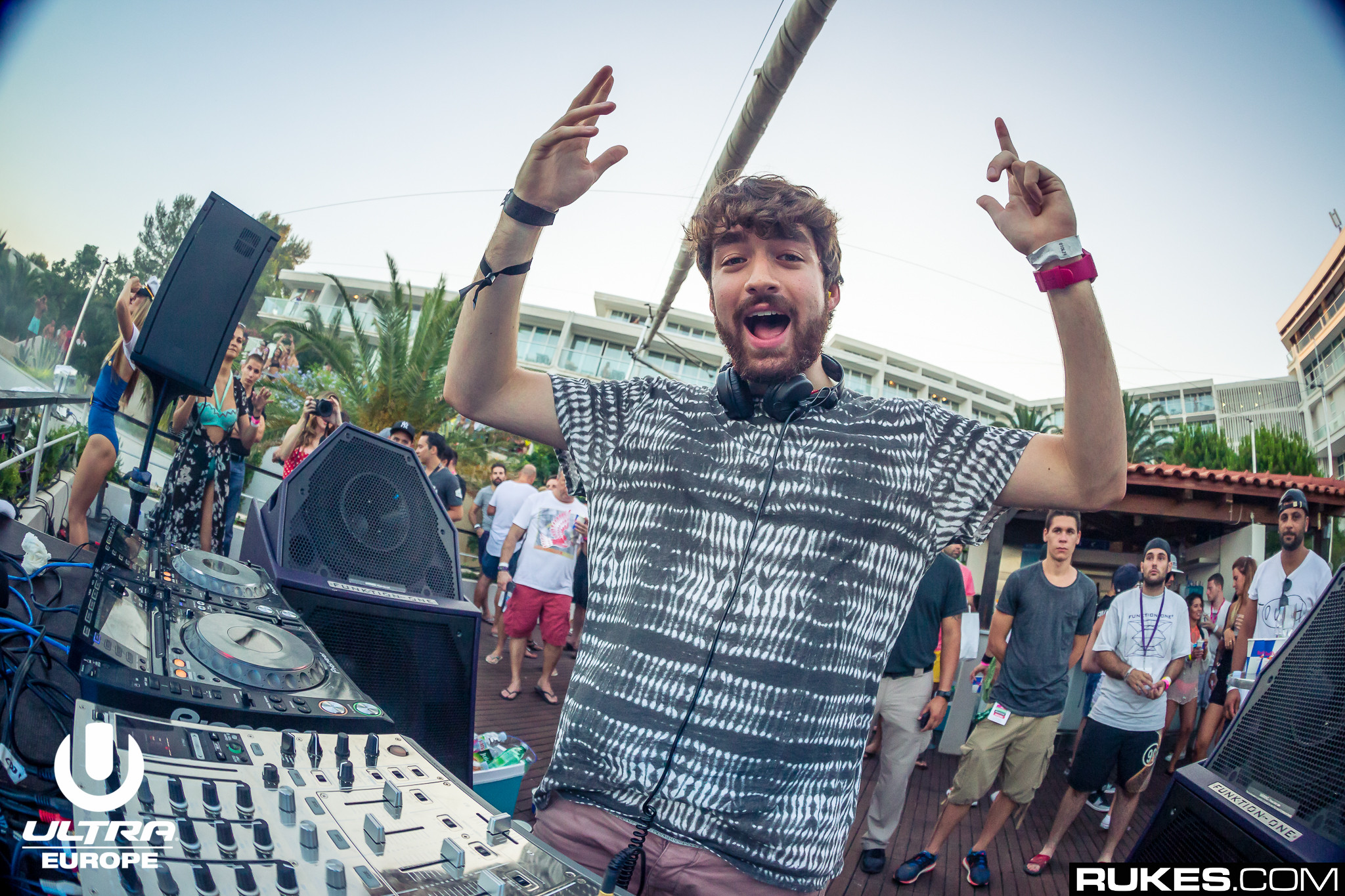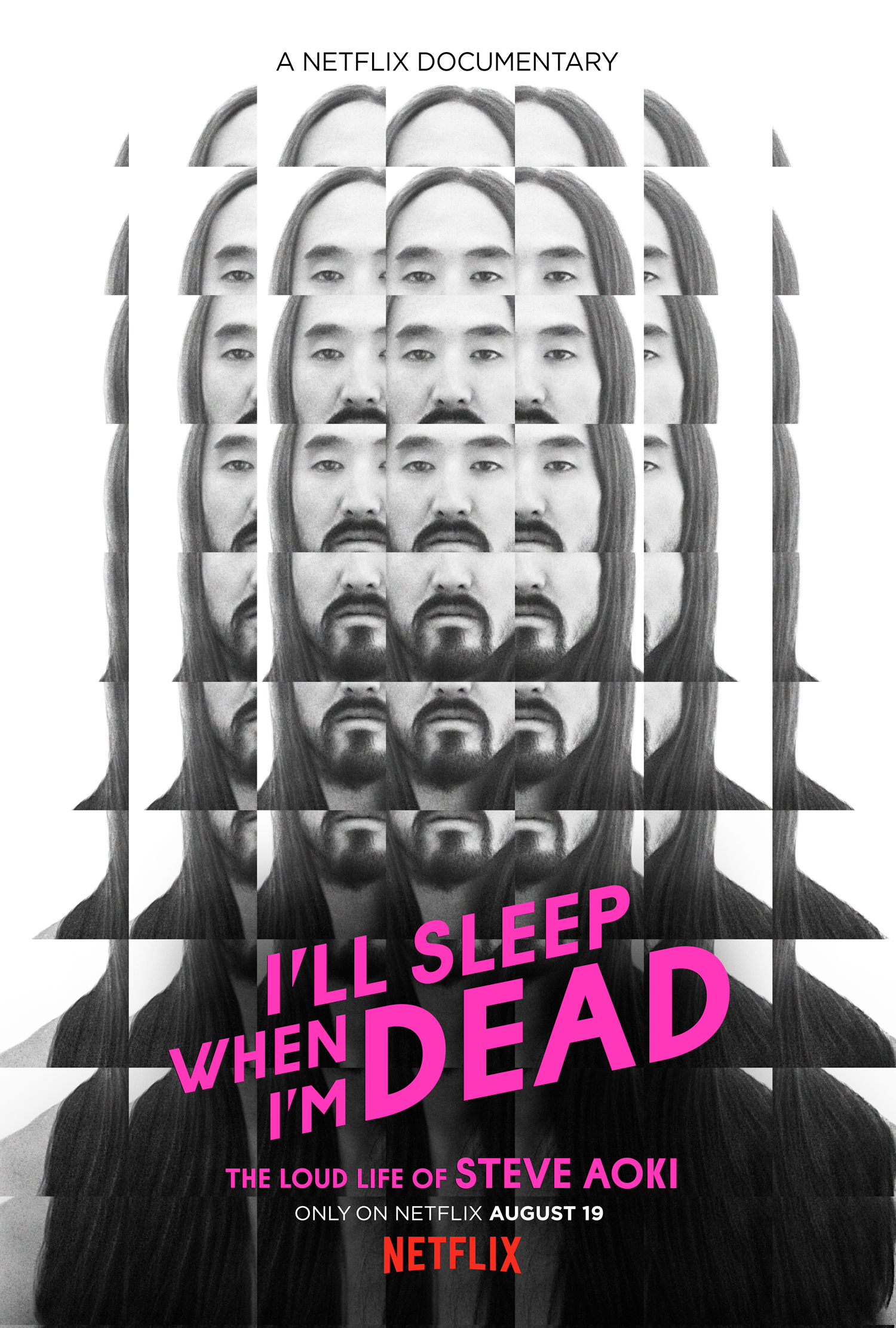(Original Photo By: Chris Yoder)
It is tough to make it in the entertainment industry. You can be the most talented actor, the most versatile producer, the most vibrant entertainer, but no one makes it anywhere without some help. Also, trends are constantly changing, now more than ever it seems. How does one keep up with the Benjamins? For the case of Dutch DJ/producer, Timo Romme, better known by his stage name MOTi, it was a long road to finding relevance. Timo got into music in his teens and was part of a production duo before his current incarnation. However, things didn’t work out, and he was forced to start over from square one, but he took this as an opportunity to work out a new sound.
“I started making music and DJing 11-12 years ago. I signed my first contract, but it was under a different alias – the Groovenatics – a project with my cousin. At some point, after four or five years, it didn’t work out anymore so we stopped. I couldn’t pay my rent anymore, the income stopped, and at that point I had to move back to my parents’ house. I think I was around 22 or 23. That was one of the biggest challenges for me because I didn’t know what to do with my life. One of my biggest fears is if my music career doesn’t work out, what else am I going to do? I stayed at my parents’ for a year andbecame a bedroom producer during that time. After a year I sent my productions to Tiësto, he liked it, and everything turned around pretty quickly.”
Although he was in far from an ideal situation, Timo found a way to make it work. However, Timo was fortunate that he was able to tailor his sound and make it marketable. He says that even in the few years that he’s been an established DJ/producer as MOTi, things have changed quite a bit, and it remains just as difficult to break into the scene as ever. Much like a consumer feels when dealing with a large faceless corporation, Timo says that record labels are unsure of what they want and where the industry is headed.
“People have high expectations for me now and they always try to compare my music to the music I’ve made before. That’s the most difficult thing. With the Internet, there are so many haters. Additionally, even labels don’t know what exactly they want. Big Room EDM blew up so quickly and has been so big over the last few years, but it’s going down really fast as well. The audience’s interest and also the scene as a whole are changing. It’s really difficult because you have to be versatile, but in the end nobody really knows where it’s going. It’s all trial and error. Like three years ago when I sent a track to a label it was really easy to sign it, but now it’s like yeah this sounds good, but, now this sound is over-saturated and becoming irrelevant. Though it’s a difficult challenge, it has forced me to become a more innovative producer.”
With a new sound, came new collaborators and supporters, and MOTi has those in the droves. From tracks with Tiësto to Martin Garrix to Major Lazer, MOTi’s mark has been indelible over the past couple of years. As his reach as an artist has grown, so has the fan response. For MOTi one of the most incredible moments he has experienced was meeting a fan who drove seven hours to see him perform at a small club show.
“I always try to talk with fans and take some photos. I’d rather just hang around a little bit with the crowd instead of leaving right after the show. So I always try to at least talk with fans a bit and take some photos. One of my fans once told me he drove seven hours to see me headline a small club show. That’s pretty insane considering it wasn’t a festival with a huge lineup; it was just me headlining. At that point I was just like oh my god, people actually want to drive seven hours to see me play. It was honestly a little overwhelming. It’s still strange for me. I don’t look up to anyone enough to drive seven hours to see them play. But it’s amazing that there are people out there who would do that to see my show…”
MOTi shared his thoughts on some of the recent issues that have plagued the international news headlines lately. For international touring acts, worldwide terror creates one question…is it worth it or not to bring their music to a certain country? That’s an absolute tragedy in itself for any citizens of a war-torn country who could use some uplifting music more than anybody. MOTi cited an example of a cancelled show in Turkey, and this interview was done before the attempted government coup that just happened. Sad as it is, MOTi and other artists who have cancelled have made the right decision for their own safety.
“There’s a lot of things I want to change in the world. Of course, lately what’s been in the news, all these bombings, it’s terrible. Today we had to cancel a show in Istanbul. It was a big festival-like show with a big lineup. I was talking to my agent, and she asked me if I wanted to take the risk to go there, because Istanbul has been a target for the last year with so many bombings. That’s the realization if you want to take a risk to throw a party. I was talking to some other people in China who were on the Istanbul lineup, and they told me that there were some threats about the party maybe being a target. It’s so hard to feel safe anymore…anywhere we go. What can I do about it as an artist? I’m not so sure.”
What’s the answer to this? One answer might be friendship and cooperation. That’s what MOTi says helps Dutch artists out over other artists. The teamwork and brotherhood they’ve formed. If someone needs help with a beat, another producer will lend a hand. What a novel idea, helping your fellow man. I think we as worldwide citizens could all learn something from the Dutch model.
“…for me helping each other out has always been normal. As DJs/producers we help each other out – we make a lot of friends because we do a lot of shows with other people. If someone asks me for production advice, I help them. What I’ve noticed is that in a lot of different countries everyone is so busy competing with each other and they don’t want to share their secrets. I can’t understand, I can’t relate to that. With Dutch people, it’s a small country so people help each other out. The music industry would be that much better if everybody just helped each other instead of creating competition and trying to just fend for ourselves.”









